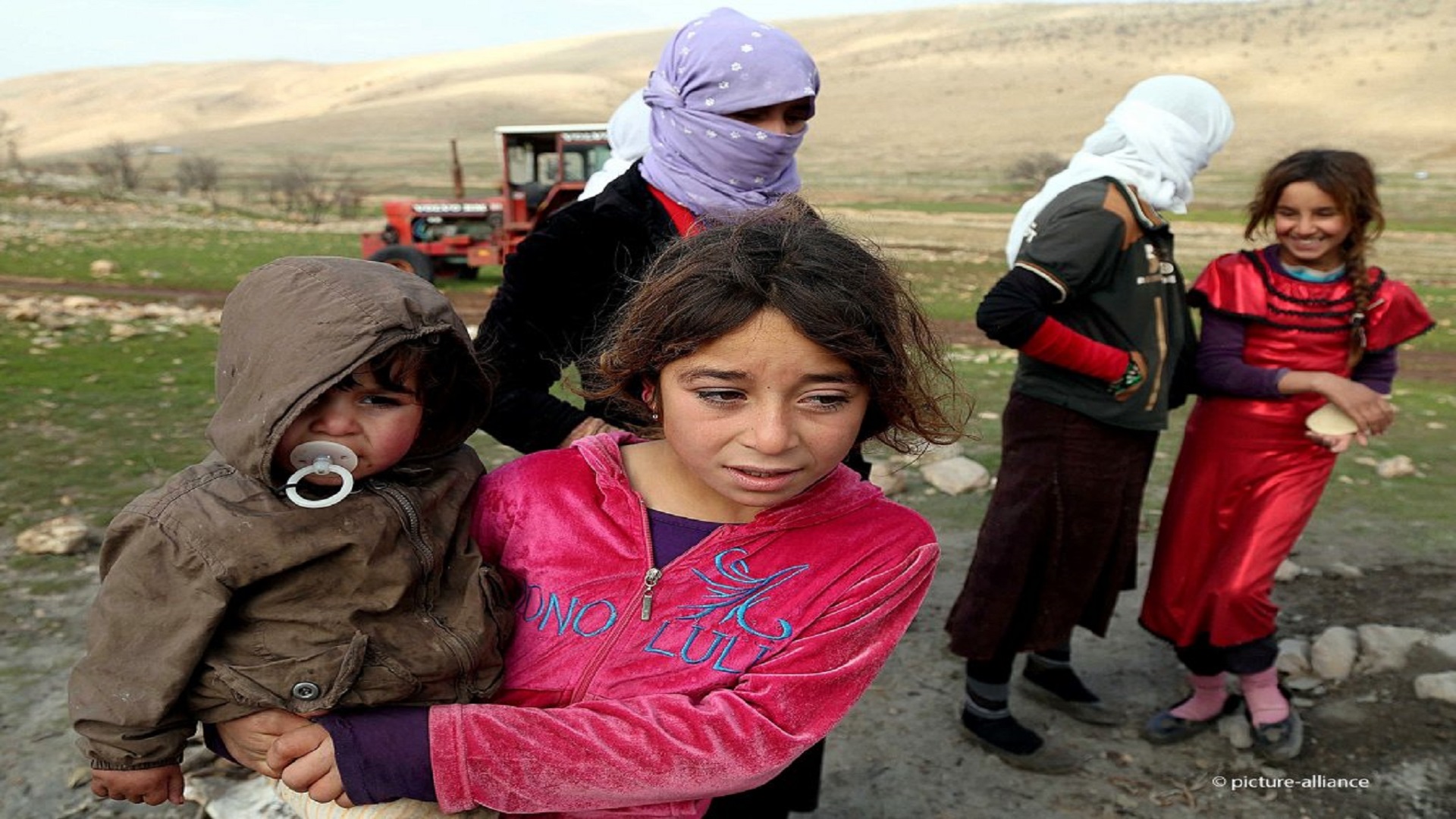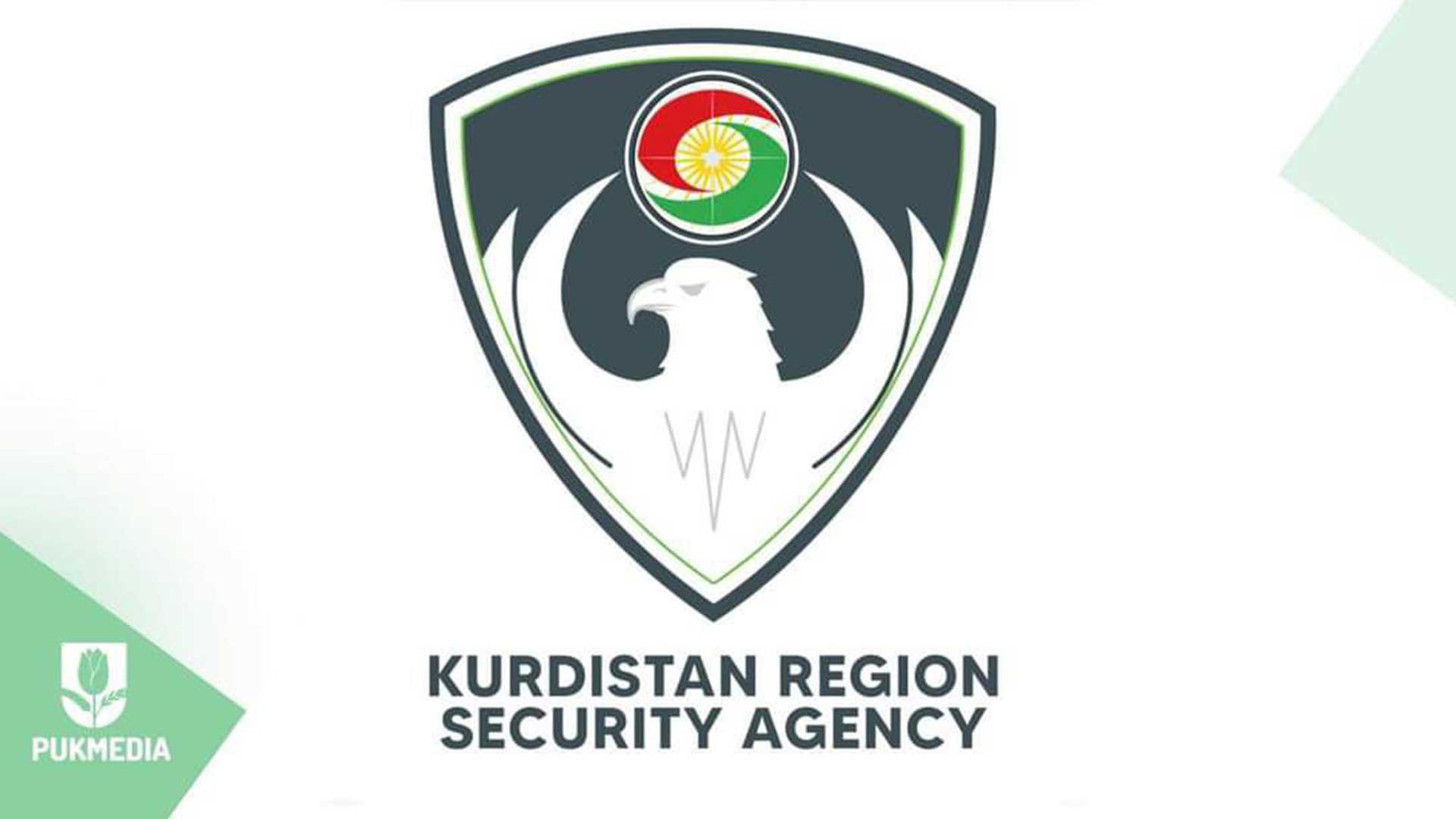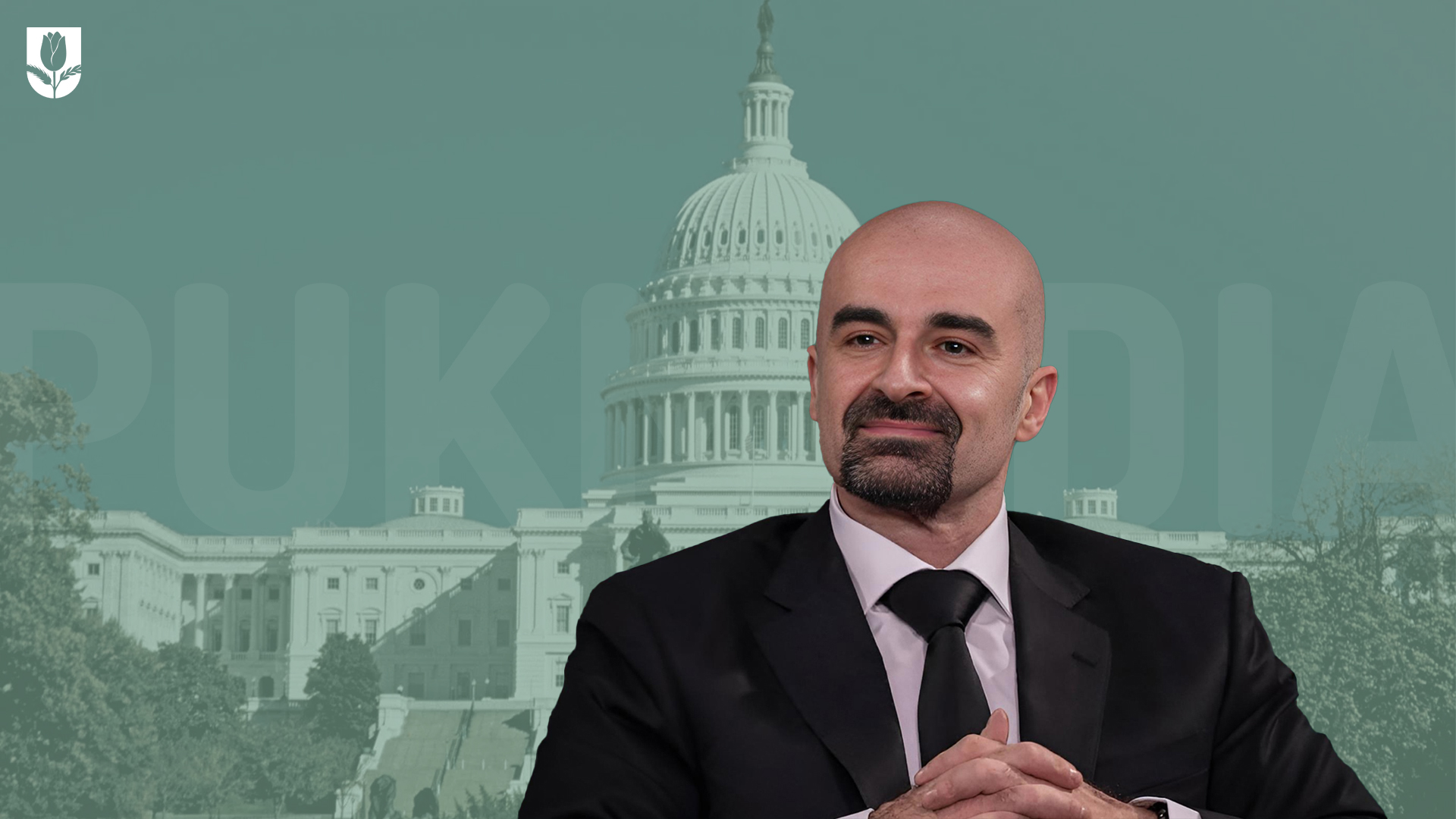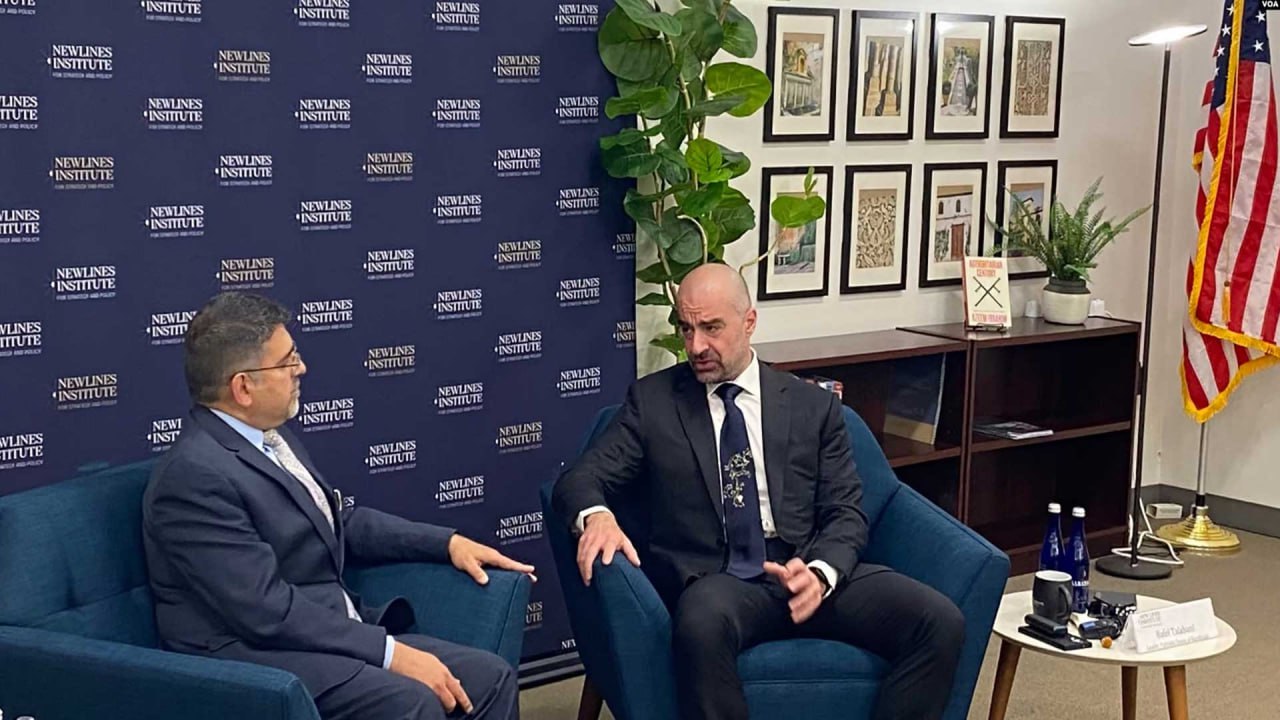German Parliament: IS atrocities against Yazidis were genocide
World 03:40 PM - 2022-07-16
Hundreds of thousands of Yazidis had to flee from the Islamic State, like these people, who were photographed in a valley in the Sinjar mountains in December 2014 | Photo: picture alliance/AA
A petition calling for the 2014 mass murder of Yazidis to be recognized as genocide has been unanimously approved by the German Parliament. Politicians, activists and members of the Yazidi community welcomed the decision, saying it was vital in order for survivors to process their traumas.
They were enslaved, raped or murdered. In 2014, thousands of Yazidis living in the northern Iraqi town of Sinjar suffered gruesome fates at the hands of the militant Islamic State. Those who survived were often deeply traumatized.
The perpetrators included more than 1,000 German citizens who had joined the radical Islamic terror militia.
Germany's lower house of Parliament, the Bundestag, last week (July 7) accepted a petition to recognize the atrocities against the Yazidis by the IS in 2014 as genocide.
It is now up to the government coalition to approve the Bundestag vote. Several UN bodies, the European Parliament and at least ten countries, including the US, the UK and Australia, already recognized it in previous years.
On August 3, 2014, the Islamic State had started a large-scale, violent offensive against the Yazidi people in the areas they traditionally populated in Iraq. More than 5,000 people were killed and 7,000 were forcefully removed or abducted. At least 2,500 women and children are missing to this day.
More than 300,000 IDPs
An estimated 327,000 displaced Yazidi refugees still live in camps for internally displaced people in Iraq and cannot return to their homeland.
In 2015, more than a thousand of them arrived in the German state of Baden-Württemberg in 2015 via a special, state-level reception program. Among them was Nadia Murad, who received the Nobel Peace Prize in 2018 for shedding light on the plight of her people at the hands of IS, including the abduction of Yazidi women into sexual slavery.
A year later, another 60 Yazidis arrived in the eastern German state of Brandenburg via another reception program. With an estimated 150,000 members, Germany is home to the largest community of the Yazidi diaspora worldwide.
Transgenerational trauma
The road to the Bundestag's recognition of their plight started with a petition by a Yazidi advocacy organization that was signed by close to 60,000 people last year. Following a meeting of the petition committee in February, experts weighed in on the topic during a hearing of the Bundestag committee for human rights and humanitarian aid on June 20.
"The horror is unimaginable," professor for social work Jan Ilhan Kizilhan said during the hearing. "They don't know whether IS will return. They scream at night. Children lost their language and partly their identity."
Kizilhan, who has been working with traumatized IS victims in northern Iraq since 2014, likened the prosecution of the Yazidis to the Holocaust. "The Yazidis have been suffering from transgenerational trauma as they have been prosecuted time and again by the radical Islam for 800 years. We're dealing with collective trauma."
Over the course of centuries, Yazidis were persecuted time and again -- not only for religious reasons, but also as an ethnic group because of their close affiliation with the Kurds. Fundamental Muslims and Islamists like IS fighters consider Yazidis as non-believers or "infidels," which is why Yazidis even today still often hide their identity in their home areas in fear of suffering violence and abuse.
Yazidi beliefs unite elements of different Middle Eastern religions -- particularly Islam, but also Christianity. Their religious center is Lalish, a city in Northern Iraq near Mosul.
In recent years, the overall protection rate given to Yazidi refugees in Germany has been declining: In 2017, it dropped to 83%, down 12% from the previous year. In 2015, the protection rate for Yazidis was close to 100 percent during the height of the refugee crisis and the IS reign of terror in northern Iraq and Syria.
PUKmedia/INFOMIGRANTS
More news
-
Kurdistan Toilers' Party Praises PUK's Stances
02:54 PM - 2024-05-13 -
Iraqi President: Baghdad-Erbil Agreements Must be Activated
10:41 AM - 2024-05-12 -
DPM Talabani Appreciates Spanish Ambassador’s Efforts in Improving Both Countries' Relations
06:32 PM - 2024-05-08 -
Two Emirs, 6 Terrorists Arrested by Kurdish Security Forces
09:40 PM - 2024-05-06
see more
Iraqi President: Food Security is At Stake
11:37 AM - 2024-05-12
PUK President: We Believe in Genuine Partnership in Running the Country
08:48 PM - 2024-05-11
Washington's Newlines Institute Interviews PUK President
05:40 PM - 2024-05-09
PUK President: We Maintain Our Relations For National Interests
03:42 PM - 2024-05-09
Most read
-
Europe's Most Wanted Human Trafficker Arrested in Sulaymaniyah
Kurdistan 04:08 PM - 2024-05-13 -
Kurdistan Toilers' Party Praises PUK's Stances
P.U.K 02:54 PM - 2024-05-13


.jpg)



 Application
Application


